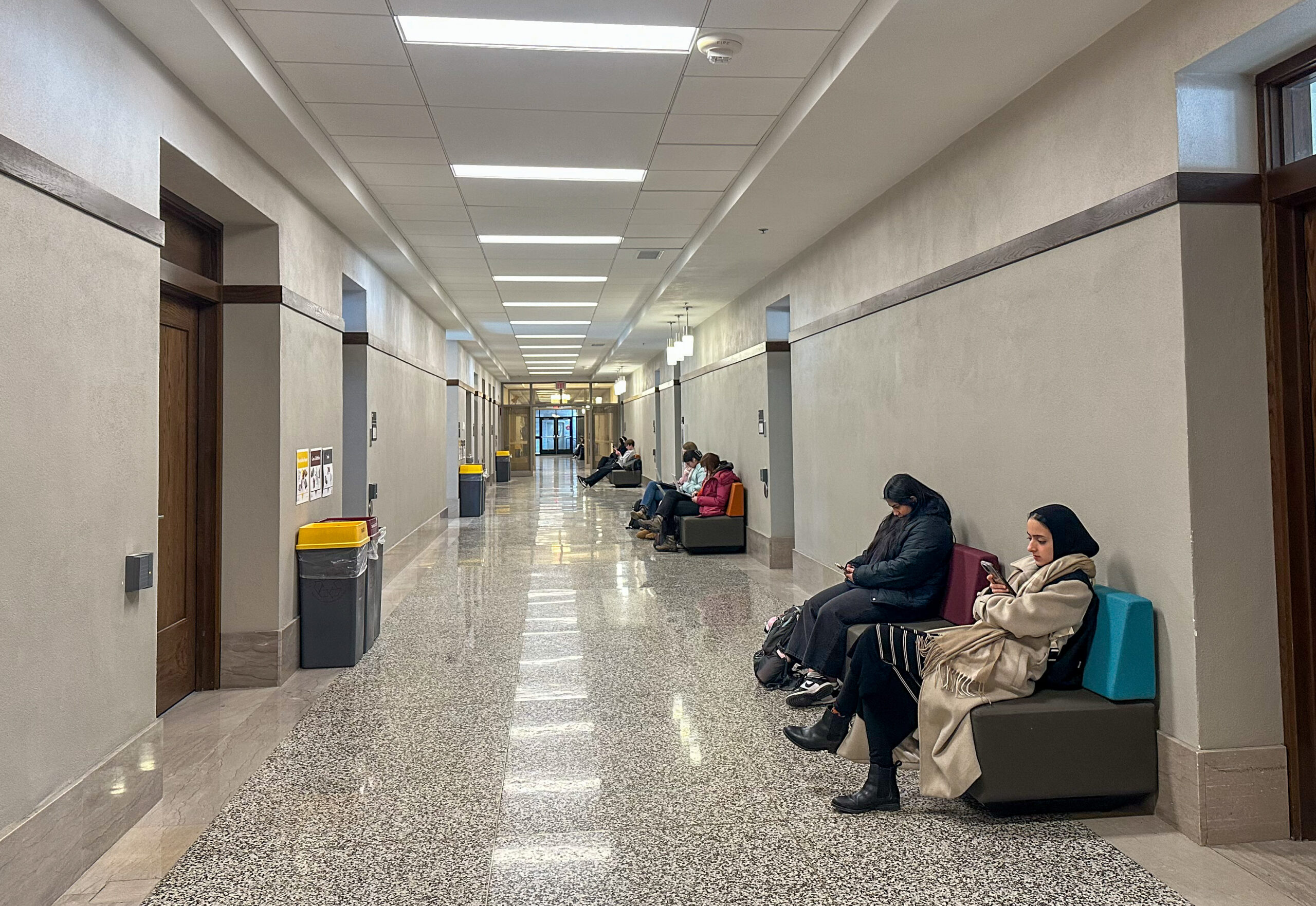University of Minnesota students embrace their parents’ native language, Farsi, to immerse themselves deeply in their culture.
Byline: By Katie Rohling
While growing up in Bloomington, Ryan Seaver, a third-year senior at the University of Minnesota, said he found it difficult to connect with his Persian background.
He wasn’t surrounded by any Persian relatives or family aside from his mother, who had immigrated to the United States from Iran before he was born.
So he enrolled in a Farsi course at the university.
Now, when he speaks to his mother in Farsi, he said he has heard what every child of an immigrant wants to hear.
“She said herself that she was proud of me,” Seaver said.
The university offers three Persian language courses with a range of difficulty, allowing students to further advance their language skills as they progress.
Although minors in Farsi are not available, the university does offer a minor in Asian & Middle Eastern Studies which encompasses, but is not limited to, Iranian-based courses and the Persian language.
Pari Mostaghimi, a junior majoring in biomedical engineering with a minor in Asian & Middle Eastern studies, said she also felt isolated from her Persian cultural identity growing up in Le Sueur, Minnesota. Her father faced trauma in Iran, so their culture wasn’t embraced at home.
Mostaghimi said her Farsi course, along with her class in Iranian Society through Cinema, gave her a connection with the Persian community and with her father.
“I can tell it makes my dad really happy that I’m learning Farsi,” Mostaghimi said. “I think it’s strengthening our bond.”

Students can connect through the Persian club and the Persian Student Organization of Minnesota, known as PSOM.
Seaver said he thinks identity is important to people from the Middle East, especially because of stereotypes and judgment they have long faced and the fears their parents have had about the threat of returning to their native countries.
Another point of connection for these students is Caspian Bistro, the Persian market and restaurant on University Avenue, which is well known by Persians in the area.
“Whenever I go there, I use it as an opportunity to practice my Farsi because the people there are gonna speak Farsi,” Seaver said. “They [the Persian market workers] have always been excited that someone who is also of the same heritage is getting in touch with their culture.”
Sophia Sobhani, a sophomore at the university, said she understands the connection of food with her culture. Growing up, Sobhani only ate Persian food her Iranian-immigrant father cooked.
“I bring [friends] home, almost once a week, to just hang out with my dad and eat his food, which is something he loves,” Sobhani said.
She said she also took Farsi to connect with her father.
“It’s the only language some of my dad’s family members speak,” Sobhani said. “I think it [the Farsi course] has brought me closer with my dad. Even yesterday I FaceTimed him to help me with my homework, which makes him happy knowing that I care.”

